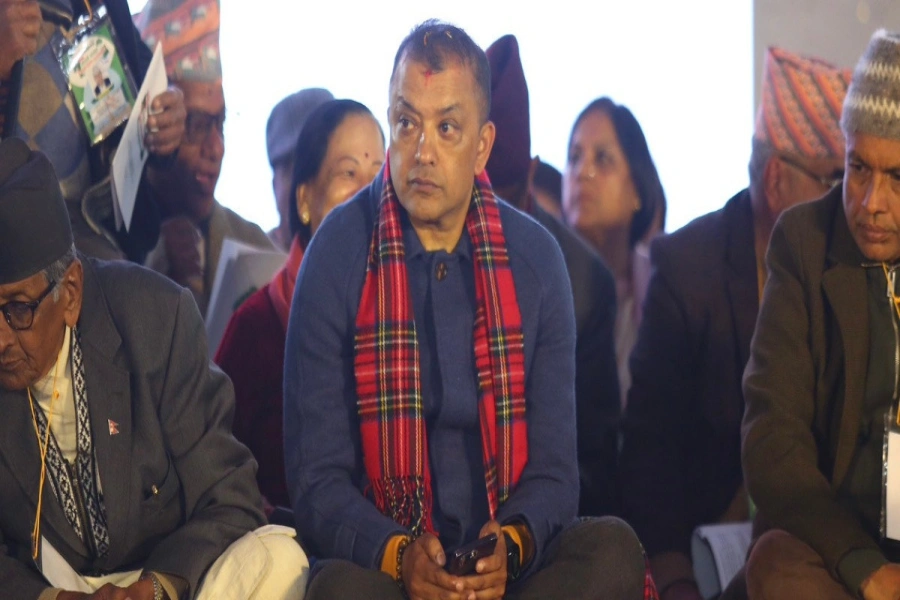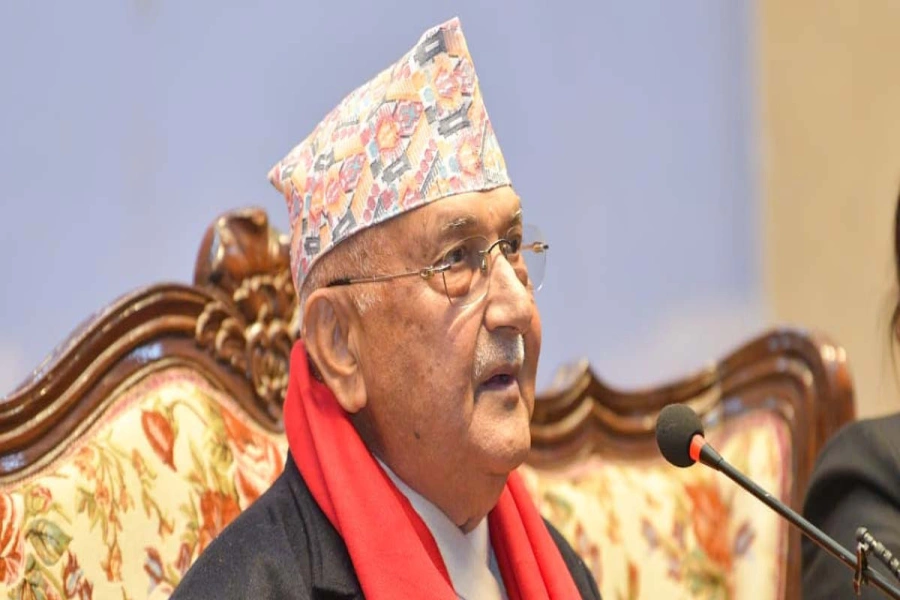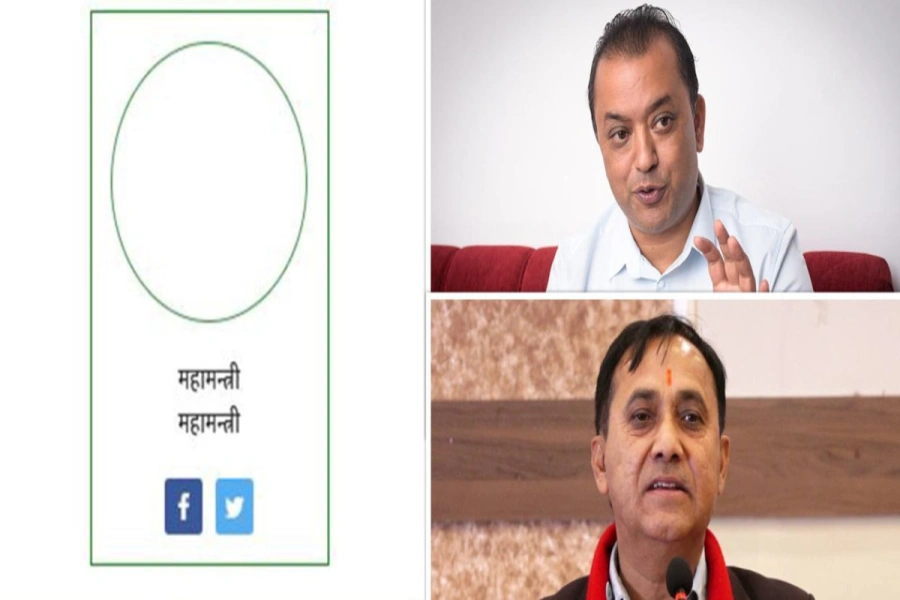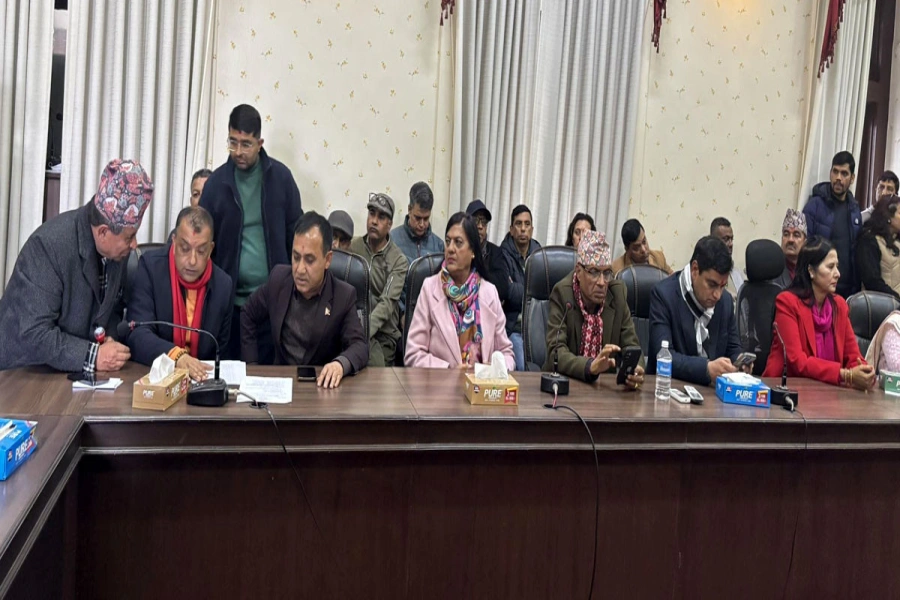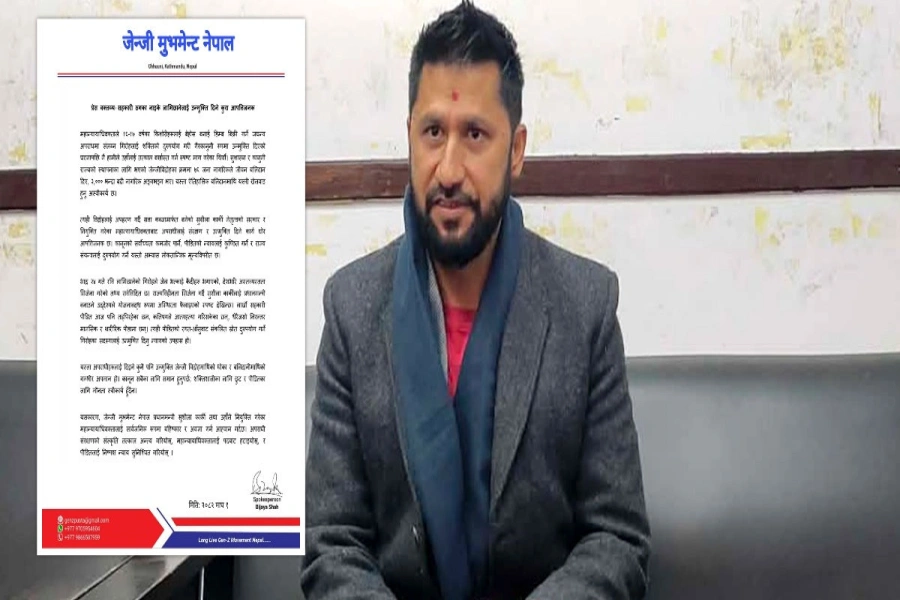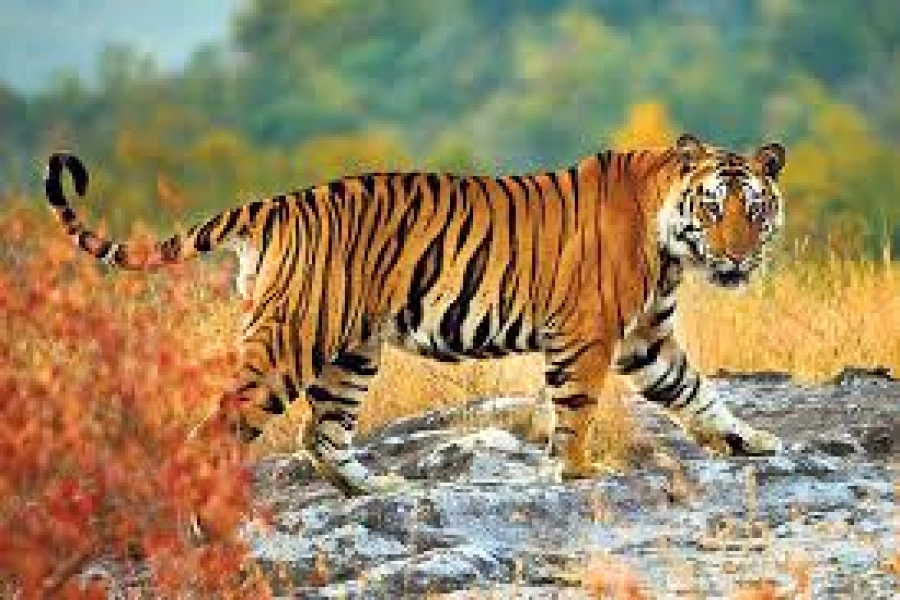Lakshya Sapkota set a New Year’s resolution this year to complete one book every week. “It had been long since I had read a book. So this year I decided to read one novel every week,” says Sapkota, founder of Kaagmandu.
Sticking to his resolution, Sapkota was drinking a hot cup of coffee and reading a book one winter morning when he realized that this activity would actually be all the more fun if he involved more people in it. “Honestly, including more people would also compel me to stick to my own resolution. So I started the ‘One Book, One Week Challenge’ on my Facebook page,” says Sapkota.
Kaagmandu is a Facebook page and an online magazine that promotes progressive, educative, and evocative posts. Their mission is to create an informed society that questions prevalent prejudices and concrete norms. With their popular hashtag #speakup, this page believes in stimulating intellectual activities and encouraging the urban youth to have an opinion.
Helping children enjoy reading

“Ours is a new democracy and, for this to thrive, our state has to be questioned at each step. A democracy cannot be sustained if the citizen’s voices are suppressed. This is our attempt to create an intellectual space on popular media,” says Sapkota.
Sapkota was also greatly inspired by European philosophers of the 18th century. These philosophers brought the Age of Enlightenment or the Age of Reason to Europe. Likewise, Sapkota aims to promote intellectual reasoning among Nepali youth. “Nepal also needs to move ahead of the Age of Faith and enter the Age of Reason,” says Sapkota claiming that Nepal is still greatly stratified on the basis of class, caste, and religion.
According to him, these days, youths confine themselves to headlines of newspapers or short YouTube videos. This limits their knowledge on any given issue. “Reading different books helps people gain in-depth knowledge on various issues. Reading also promotes intellectual reasoning,” says Sapkota.
Therefore, this ‘One Book, One Week’ challenge is to help the youth get into the habit of reading. According to Sapkota, most youth these days tend to follow popular trends on the internet. “We saw many taking up the ice bucket challenge without knowing the actual reason behind it. So my aim is to get people talking about books and start a reading trend in Kathmandu,” says Sapkota.
The reason behind calling this ‘a challenge’ was to motivate people to read. “Many times, even if we want to read a book, we find an excuse not to do so. This challenge was initiated to bring a sense of urgency among people,” says Sapkota.
The challenge for the coming week is a book called Rich Dad Poor Dad by Robert Kiyosaki and Sharon Lechter. At the end of each week, Kaagmandu organizes a book discussion at Social Café in Gairidhara, Kathmandu. The winners of the challenge get free coffee.
The books are provided for free if one goes to their office and reads it there. Also, you can also go to their partner café, the Social Café at Gairidhara, and read the book there. “Being a part of the competition, you will not be compelled to order anything at the café. You can just relax and sit and read there for free,” says Shakya.
Kaagmandu team comprises of Aditi Upadhyay, Tamish Giri, Niti Prasai, and Lakshya Sapkota. All of them believe in encouraging the youth of our country to read, debate, and discuss. “We want to create an intellectual space where everyone learns to accept the other’s differences and have healthy debates to find viable solutions to different problems. The platform will also ignite young minds and build curiosity among them,” concludes Sapkota.







